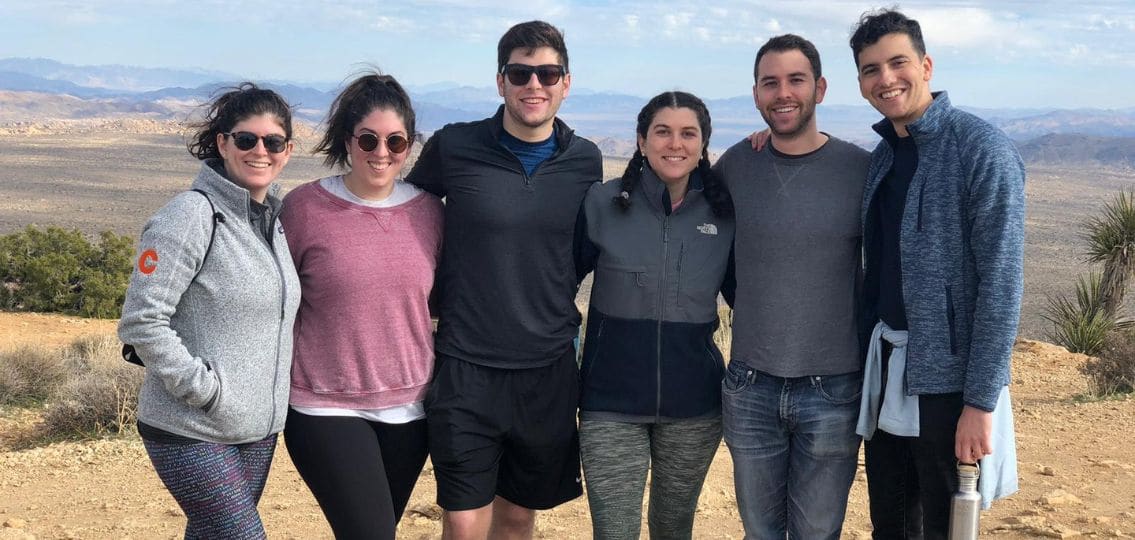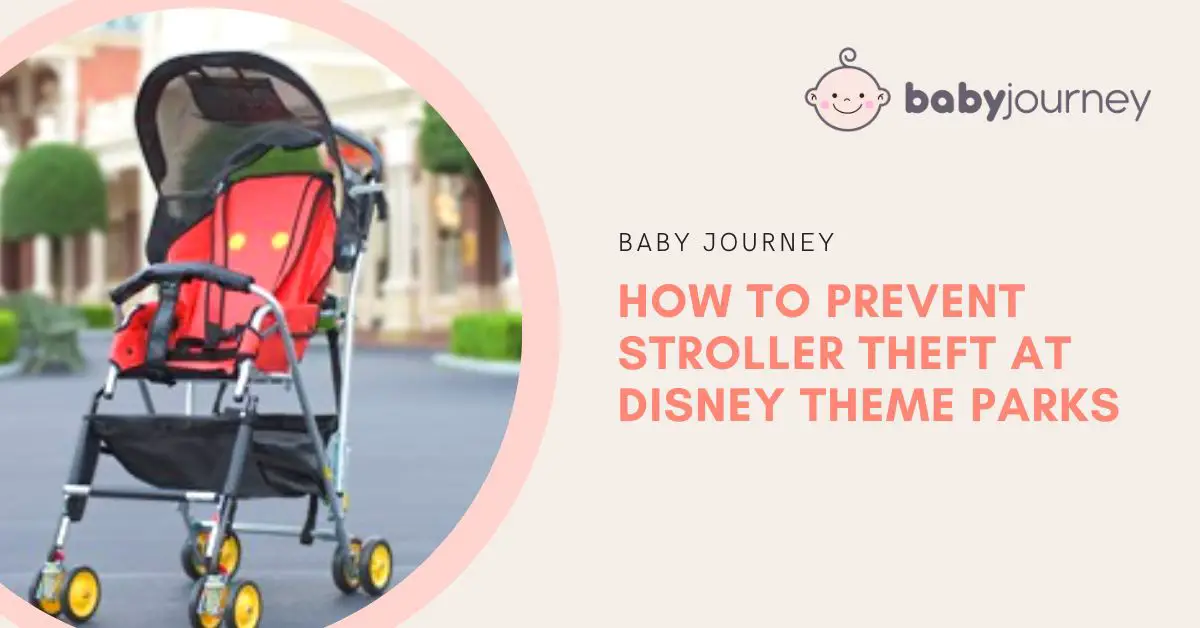
By Susan Borison
Our first baby was the sun, the moon, and the stars. The first grandchild on Dan’s side. (Fifth on mine.) First among our friends. She was delightful and loved like no other baby. We couldn’t imagine how we could love another baby as much. But we also wanted her to have siblings to play with, to bond with, to complain to about us—to cherish.
We knew that other people’s kids fought and had sibling rivalry. We secretly thought our family might not be like everyone else’s.
I don’t remember the details, but I do remember the feeling the first time it happened. My heart pounding, my breath short and rapid, trying to control my rage. Why were my kids being so awful to each other? Why did my kids hate each other?
It wasn’t a one-time experience. It began to feel like they were always fighting. In response to the constant bickering and name-calling, I would typically respond with some version of “Not my problem.” “Go to your rooms until you can calm down,” I might say, or “Fight where I can’t hear you.”
The look on their faces revealed complete disappointment that the grownup, their mom, wouldn’t help. In fact, she wouldn’t even listen.
Each tiny and repeated incident of hurt and disappointment broke my heart. But I didn’t know what to do differently.
Can’t We All Just Get Along?
It’s not that I didn’t try. I thought maybe I’d hit on the solution with this one: “You two work this out together,” assuming they had the capacity to negotiate, give and accept gentle criticism, and forgive. Of course, I was asking them to do something that most grownups, including me, couldn’t do.
And once again all they heard was that their mom, the person who put bandages on their wounds, who always rallied in favor of her kids, who took their side in every perceived social slight or more egregious hurt, wasn’t doing anything when that same hurt happened at home.
Finally, I reached my limit and could no longer stand the constant fighting. I came to understand that not only did they lack the tools to settle their disputes, I lacked the skillset to help them resolve their conflicts.
Calling in the Experts: How to Handle Fighting Siblings
I knew it was time for some help, so I consulted the parenting bible on this topic: Siblings without Rivalry by Elaine Mazlish and Adele Faber. This book provided the fresh perspective I needed, along with not just one, but many different strategies to try.
My favorite was the mediator approach. I sat them both down and explained that each would have time to tell me their version of what happened. Meanwhile, the other person, no matter their frustration or rage, would wait for their turn. No interruptions.
Initially, I was entirely skeptical that this would work. And yet—I had nothing to lose. The first time was scary. They each shared their version—yelling and interrupting to argue. But I held my ground. “Try not to raise your voice,” I reminded. “NO interrupting.”
Anticipating a lengthy back and forth, I steeled myself for this mediator role. To my complete shock, after each one spoke their truth, they simply jumped up and continued to play. With each other. Was that really all that was needed?
Yes, for this particular incident, all they needed was to be heard. Revolutionary!
Try, Try Again
Not every battle ended this way. Sometimes I had to repeat what each one was saying to make sure that I had understood their version. Sometimes I had to ask each one some clarifying question. But almost every time, the conflict and anger dissipated.
The fighting never ended. And to this day it persists. But as I know now, all relationships have conflict. Why should siblings be any different?
Now that my kids are mostly grown and living independently, I’m in possession of the crystal ball I wished for back then. The chance to see how it all plays out.
Recently, one of my adult children woke up in the middle of the night with excruciating pain. She was feeling disoriented and didn’t know what to do. She called her brother who lives in the same city. He told her to call 911 but she didn’t want to. So he looked up the nearest hospital, told her to take an Uber, and jumped in the car to meet her there. We woke up to texts about how amazing her brother is.
After 32 years of parenting, I finally understand that the goal was never to eliminate siblings arguing. That was never even a possibility. Instead, the goal was to learn conflict resolution so that they could fight fairly and develop a lasting love and friendship—so that one day, when they need it most, they’ll have each other’s backs.

 PARENTING TIPS
PARENTING TIPS PREGNANCY
PREGNANCY BABY CARE
BABY CARE TODDLERS
TODDLERS TEENS
TEENS HEALTH CARE
HEALTH CARE ACTIVITIES & CRAFTS
ACTIVITIES & CRAFTS

